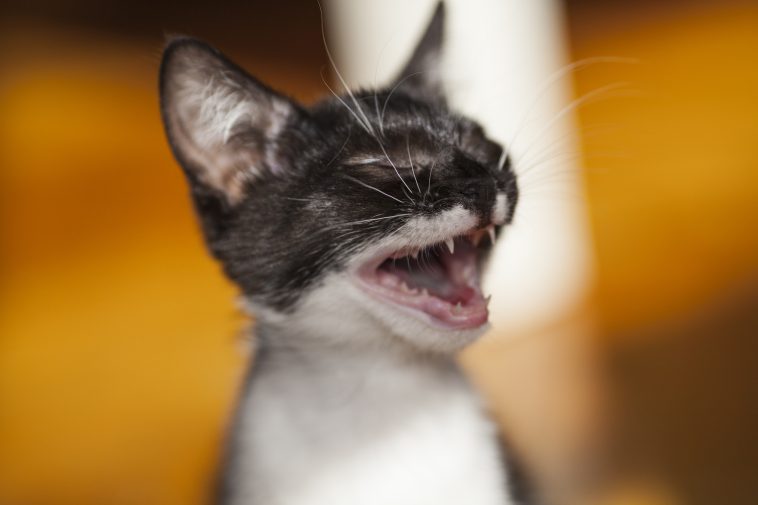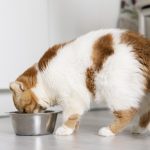1. Schedule Regular Wellness Checkups
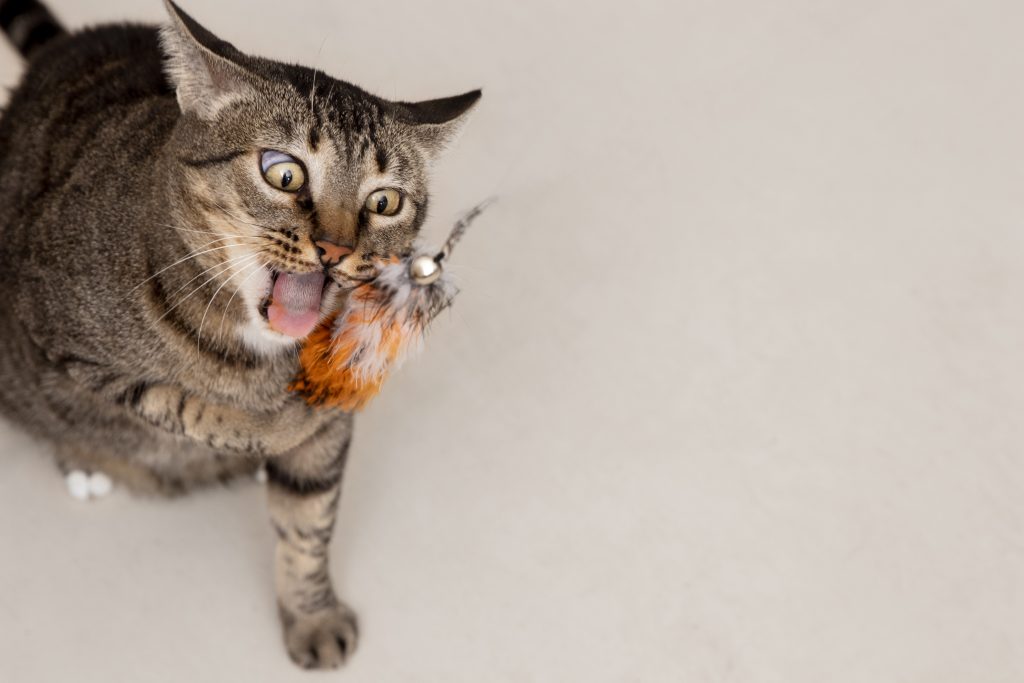
As cats age, they require more frequent visits to the veterinarian, even if they seem healthy. Since cats age faster than humans, it’s recommended to schedule checkups every 6 months for cats aged 10-15 years and every 4 months for those over 15. This helps ensure optimal health maintenance and early detection of issues, such as arthritis in senior cats.
Establishing a close relationship with your cat’s veterinarian while your cat is still in good health allows for better monitoring. This relationship is crucial for detecting subtle changes that could indicate a potential health condition or disease.
2. Set Your Senior Cat Up for Success

Your cat’s veterinary visit begins at home. Use cat-friendly tips to reduce the stress of getting your cat into the carrier, and allow plenty of time to arrive at your appointment so you remain calm and unhurried.
Ask the veterinary office if they offer a cat-only waiting area, a cat concierge service, or if you can go directly to the exam room upon arrival to minimize stress further.
3. Prepare Before the Veterinary Visit
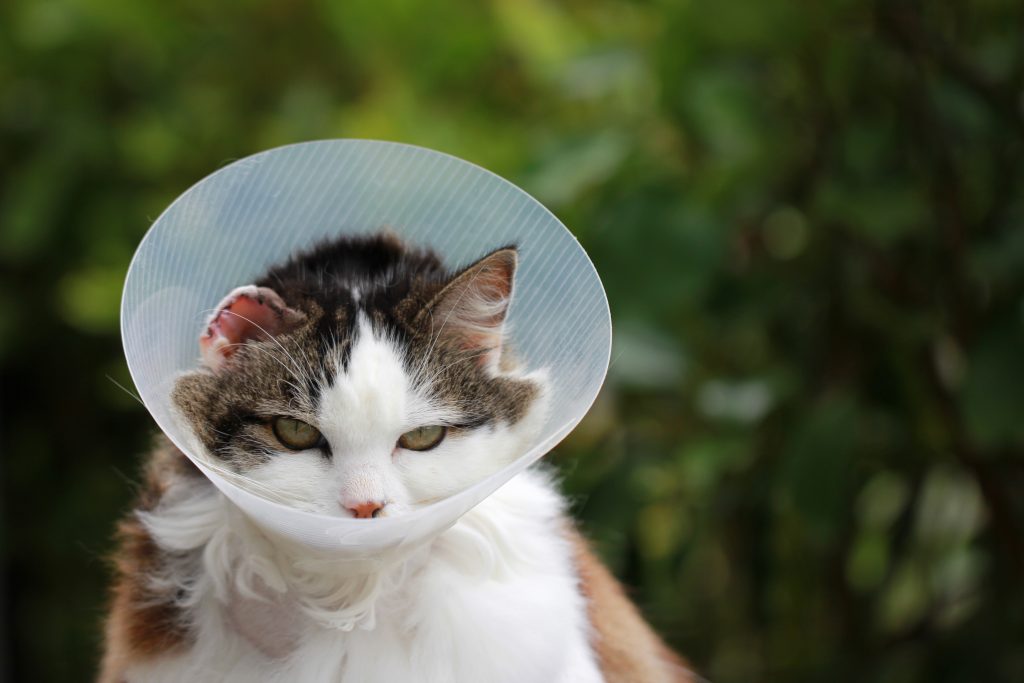
There are several proactive steps you can take between veterinary visits to ensure a productive checkup:
- Bring a list of questions or concerns to discuss with your veterinarian during your cat’s wellness checkup.
- Document all foods your cat is eating, including treats, brands, and amounts.
- Provide your veterinarian with a comprehensive list of any supplements, medications, or cat health insurance plans you are using.
- Record smartphone videos of any concerning behaviors or mobility issues to show your veterinarian.
- Complete any questionnaires your veterinarian provides in advance.
4. Learn Your Cat’s Habits and Monitor Changes
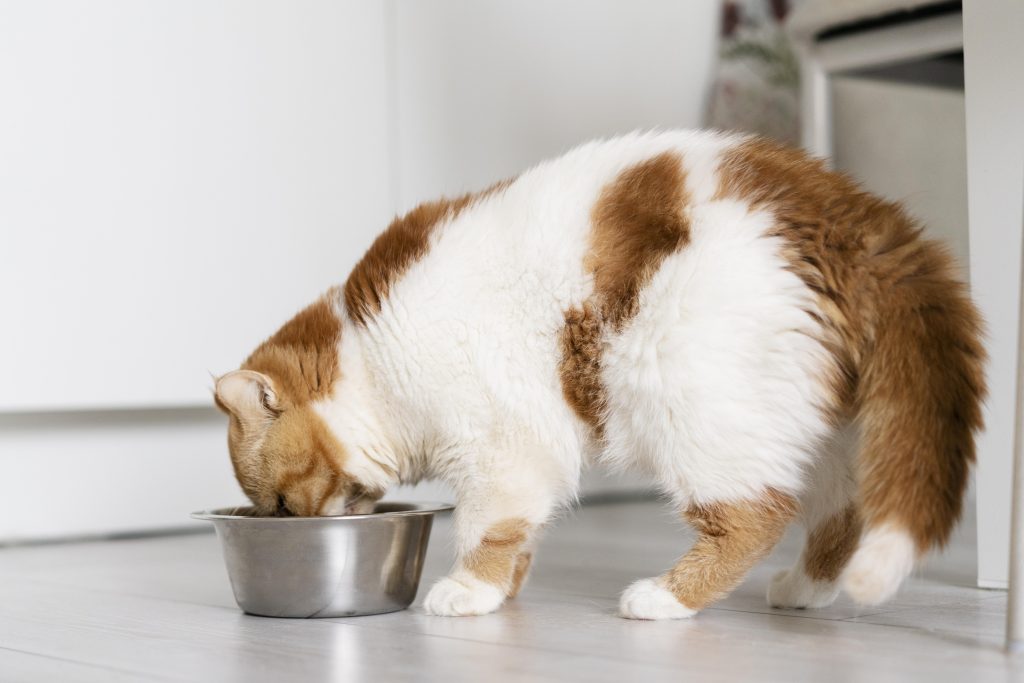
Cats are experts at hiding illness, so changes in behavior that might indicate an issue can be subtle. Keep a journal tracking your cat’s behavior, eating habits, and litter box usage. Noting changes like increased sleep or hiding should prompt a conversation with your veterinarian.
5. Monitor Weight Changes Closely
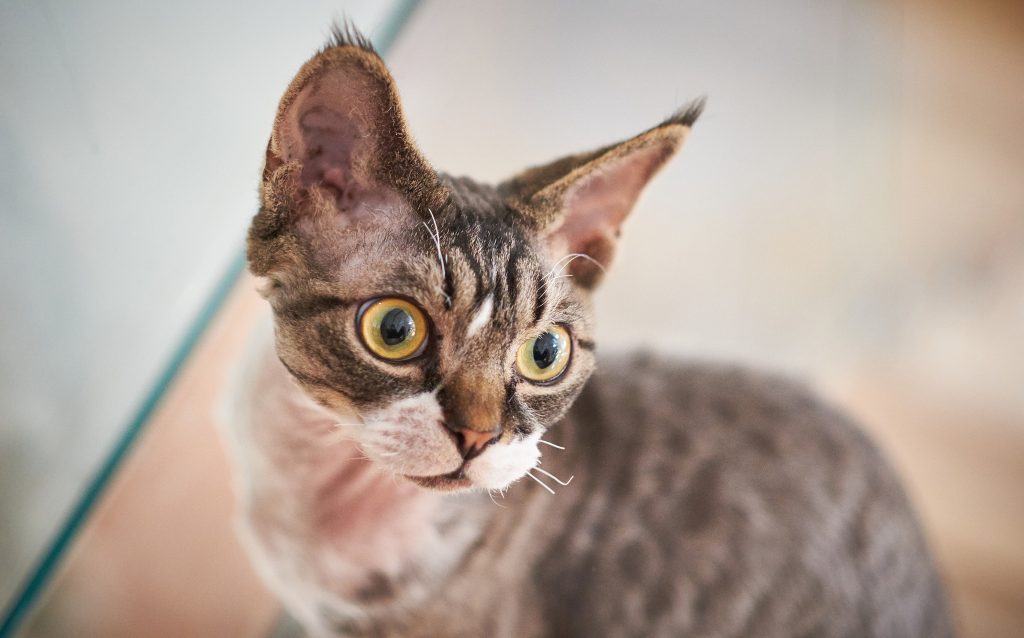
Both weight gain and unplanned weight loss in senior cats necessitate a visit to the veterinarian.
- Weight gain can predispose your cat to chronic diseases and shorten their lifespan.
- Weight loss is often a sign of underlying health issues, such as hyperthyroidism, intestinal disease, or diabetes, particularly if accompanied by a normal or increased appetite.
Gradual weight changes can be hard to detect, making regular checkups even more critical for early intervention.
6. Recognize and Address Signs of Pain
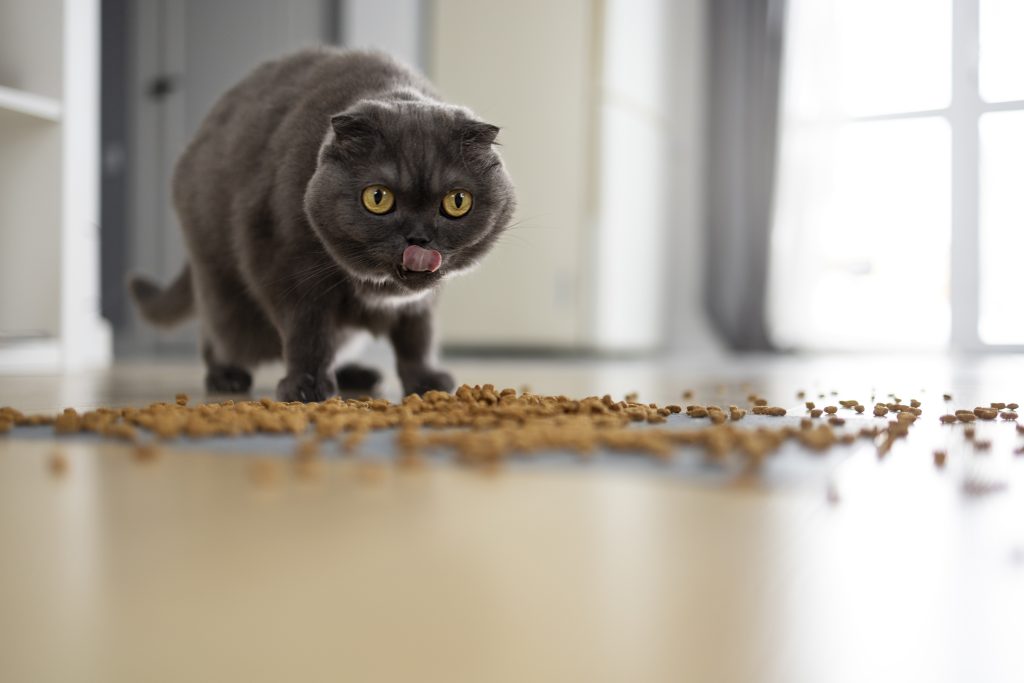
Cats tend to hide signs of discomfort, making pain detection challenging. Changes in behavior, energy levels, or sleep patterns may indicate underlying pain or discomfort, often due to conditions like degenerative joint disease (arthritis).
If your cat struggles with stairs, jumps less frequently, or has issues using the litter box, it’s essential to discuss these signs with your veterinarian.
7. Observe the Litter Box
Missing the litter box or having accidents around the house may signal a medical issue. Changes in stool consistency or color, frequency of defecation, or the amount of urine in the litter box should all be reported to your veterinarian as they could indicate serious conditions like constipation or kidney disease.
8. Create a Senior Cat-Friendly Environment
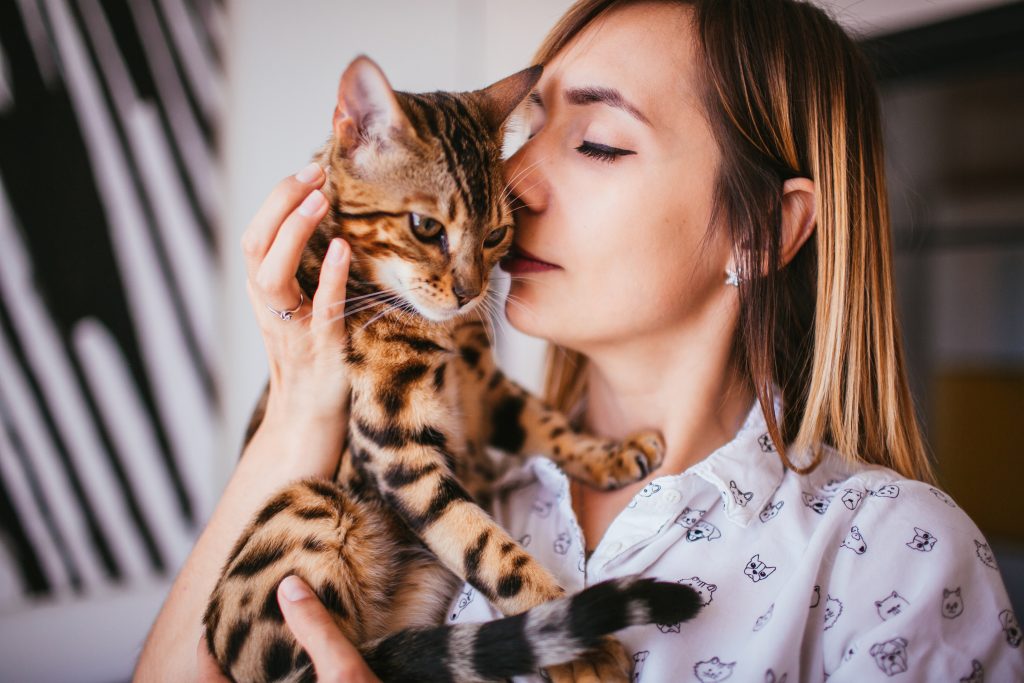
As cats age, they require extra comfort and accessibility:
- Place food, water, and litter boxes in easily accessible locations.
- Provide soft bedding and extra warmth at preferred resting spots.
- Use raised food and water bowls to ease the strain on joints.
- Assist with grooming by brushing regularly and trimming nails to prevent overgrowth, especially in older arthritic cats.
9. Track Your Cat’s Eating Habits
Senior cats may become underweight due to a decreased sense of taste or smell, leading to a lack of interest in food. Ensure your cat has easy access to food and water, and consider placing these resources in areas where your cat spends the most time.
If your cat becomes picky about food or isn’t eating well, consult your veterinarian immediately to prevent weight loss and associated health issues.
10. Recognize Common Signs of Disease

Early detection of disease is crucial. Be vigilant for these signs and consult your veterinarian if they occur:
- Changes in drinking habits, urination, or stool consistency
- Nausea, vomiting, or constipation
- Decreased appetite, weight loss, or muscle loss
- Poor coat condition or reduced grooming
- Behavioral changes, such as hyperactivity, anxiety, or not using the litter box
- Unusual lumps, swelling, or sores that don’t heal
- Difficulty breathing, urinating, or passing stools
- Trouble navigating stairs, jumping, or walking
11. (BONUS) Enjoy the Bond with Your Senior Cat
Caring for a senior cat is one of the most rewarding experiences. Continue to engage in p
